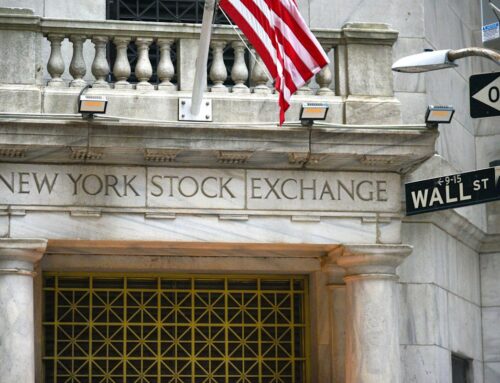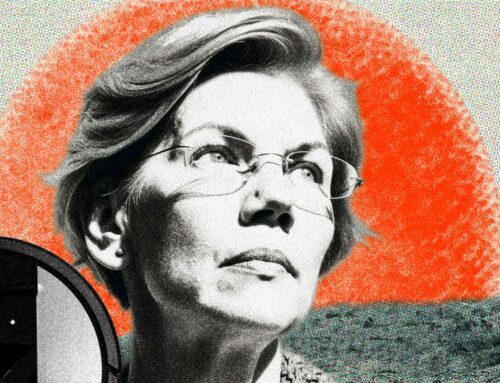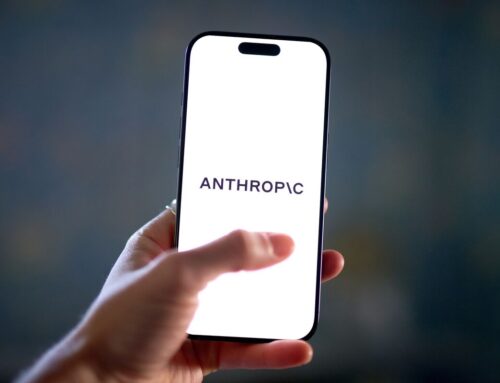In Hong Kong, LGBTQ+ Groups Adapt to a More Restrictive Environment
October 31, 2025
Pink Dot, previously the largest LGBTQ+ event in Hong Kong, will this week hold an online concert after failing to secure its usual venue in West Kowloon Cultural District.
The cancellation comes after Hong Kong’s Legislative Council in September rejected a bill that would have given same-sex couples limited rights. This bill was proposed by the Hong Kong government after it was ordered by Hong Kong’s highest court in 2023 to create a legal framework for recognizing same-sex partnerships.
Both developments have been characterized as being emblematic of the crackdown on LGBTQ+ rights generally and the declining space for assembly and advocacy in Hong Kong more broadly.
“In Hong Kong, there may not be a conscious attempt to reject such rights, but rather to reposition the city as a model of a new type of society that may be ‘free’ and ‘open’ in another sense of the world,” said Evan Fowler, who was born in Hong Kong but now works for the Inter-Parliamentary Alliance on China in the U.K., in an email exchange with Domino Theory.
Yet, despite the undeniable changes that have affected Hong Kong’s civil society and LGBTQ+ movements, same-sex couple rights now enjoy majority support of those surveyed, and the courts have this year issued rulings in favor of same-sex adoptions and the right to use public toilets in line with one’s affirmed gender. Advocacy groups still exist and have adapted to the more restrictive environment.
Other LGBTQ+ organizations apart from Pink Dot have either successfully held smaller in-person events this year, or are planning to do so. Gay Harmony, an NGO that conducts health outreach focused on the gay community, and PrideLab, which promotes gender equality through social media, both operated booths at an International Day Against Homophobia, Biphobia, Intersex Discrimination and Transphobia event in May. Hong Kong Pride Parade has not held a parade since 2018, but since 2021 has held indoor events. Its “Rainbow Market” is scheduled for November 23.
Interviews with LGBTQ+ activists paint the picture of an “inflection point” for events like Pride Parade and Pink Dot, which previously organized large outdoor events with media coverage that extended visibility and now must now downsize or move online.
However, activists say there is no evidence that the legislature vetoed the bill on same-sex partnerships because of interference from the Chinese Communist Party. Rather, now that the progressive-leaning opposition has been banished, the legislature is dominated by pro-establishment members whose value systems tend to align with mainland Chinese norms.
Kenn Chan, creative director of PrideLab, said the decision not to hold Pink Dot was a result of “first-hand censorship” from the venue holders, rather than direct government intervention. Speaking in Cantonese, he said that concerns about risks like the topics involved and the large number of people gathered together could add up, leading to a “conservative” and “safe” decision not to let the event happen. Pride now takes place in a private indoor space, Chan noted, but “it’s difficult for [advocacy groups] to rent bigger or outdoor venues.”
PrideLab still holds public events, but has to cooperate extensively with the police to do so. This includes explaining in advance what they will do and say, what materials they will distribute, and what are their underlying messages, Chan explained. Their volunteers carry cards that clearly identify them to the police who will attend their events in person.

For Blessed Ministry Community Church, which serves LGBTQ+ Christians, the restriction of public venues will make it harder to attract newcomers and publicize its services. “For the church, outward-facing evangelism requires a baseline of non-hostility, low defensiveness, and measured responses; the joyful atmosphere of Pink Dot HK provides precisely that environment,” the church said in response to written questions. “Moving to an online concert this year will likely reduce attendance and diminish impact in traditional media.”
The loss of large public events also makes it harder for LGBTQ+ issues to receive priority in public debate and legal reforms. “When civic space tightens, the movement’s marginal status and ease of being stigmatized can bring additional risks,” the church said, “e.g. as being framed as a factor of social instability.”
The same-sex couples’ rights bill is the first to be rejected by the legislature since the reforms in 2021 that ended Hong Kong’s limited democracy. Beijing argued that this showed the Legislative Council isn’t a rubber stamp parliament. However, the government still has an obligation to comply with the court’s 2023 court ruling.
“The Court of Final Appeal, for one reason or another, has the impression that they can rule in favor of rights for same-sex couples without severe consequence from Beijing,” said Samuel Bickett, a lawyer and human rights advocate who was arrested during anti-government protests in 2019.
But councilors obviously have a contrary understanding that they won’t face censure for opposing same-sex rights and the local government, which for its own part, seemed disinterested in pushing the bill through.
Speculating about what might happen next, Bickett said, “I think they’ve locked themselves into a position now where they’re either going to have to capitulate or hopefully they’re going to just simply order the government to start issuing marriage licenses.”
Something is probably going to have to give, and it’s far from clear that LGBTQ+ people will be shielded from paying the price.
Search
RECENT PRESS RELEASES
Related Post




